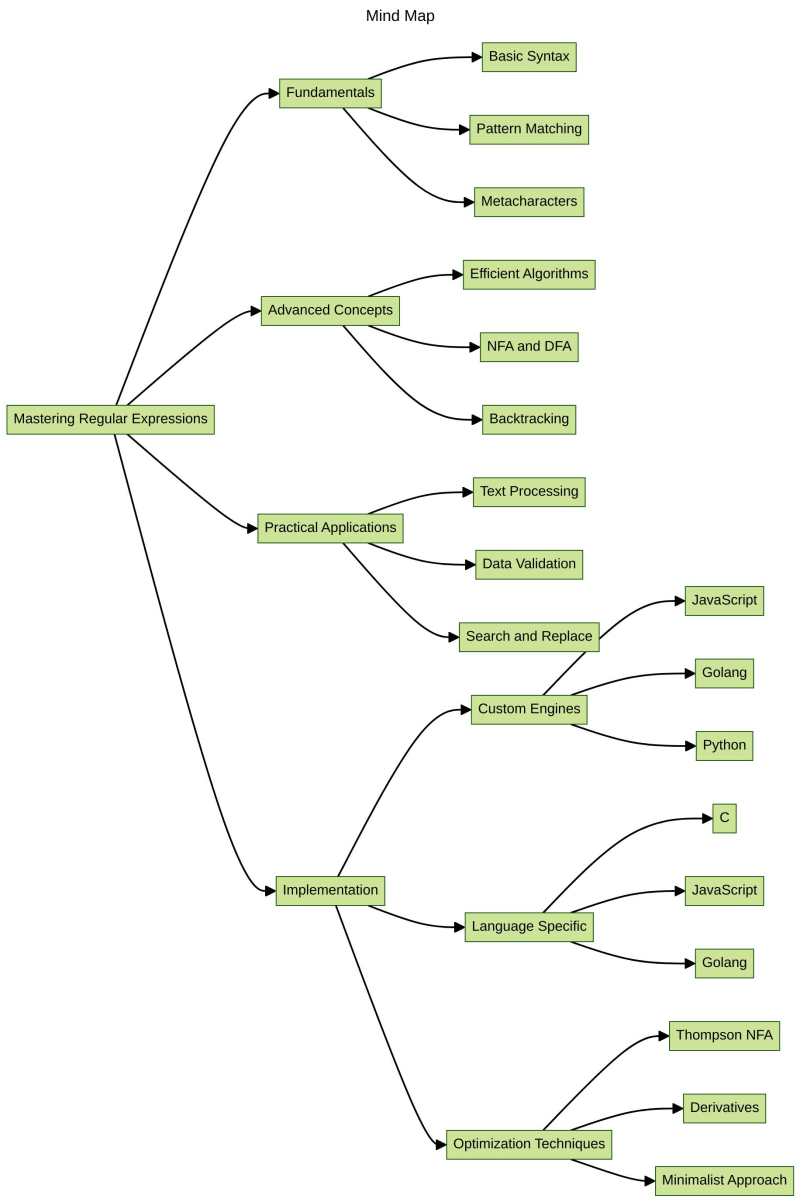At first glance, it might seem like you can interchange ?? (Nullish Coalescing Operator) and || (Logical OR) in JavaScript. However, they are fundamentally different in how they handle truthy and falsy values.
Falsy Values in JavaScript
Falsy values become false in a Boolean context:
**0
undefined
null
NaN
false
” (empty string)**
Truthy Values
Everything else.
The Difference Explained
|| (Logical OR): Returns the first truthy value. If the first operand is falsy, it returns the second operand.
Here, 0 is falsy, so “default” is returned.
?? (Nullish Coalescing): Returns the right-hand operand if the left-hand operand is null or undefined. It ignores other falsy values.
Here, 0 is not null or undefined, so 0 is returned.
Use Cases
Use || when you want to provide a fallback for any falsy value.
Use ?? when you only want to provide a fallback for null or undefined.
Understanding this difference helps avoid bugs and ensures your code behaves as expected.
That’s all for today.
And also, share your favourite web dev resources to help the beginners here!
Connect with me:@ LinkedIn and checkout my Portfolio.
Explore my YouTube Channel! If you find it useful.
Please give my GitHub Projects a star ⭐️
Thanks for 24956! 🤗




